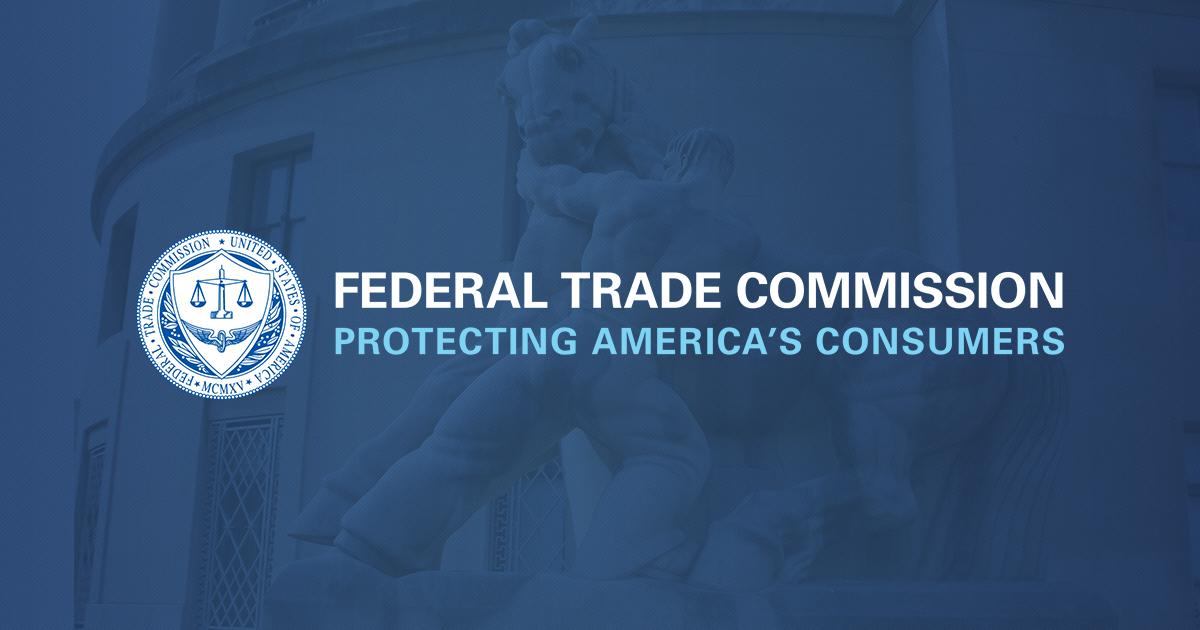A Las Vegas company and businessman, accused of deceptively marketing a business opportunity involving dubious “asset protection” services, are banned from selling business ventures and from marketing asset protection services.
The Federal Trade Commission charged that Asset Protection Group, Inc. (“APGI”) and its president, William S. Reed, falsely claimed consumers would make a substantial income and failed to disclose that their “references” were paid to promote the sale of a business venture. For $9,800, consumers received training materials, a one-day training session, and a business affiliation with Asset Protection Group, which the defendants claimed would provide consumers with carefully-screened “qualified prospective clients.” Consumers were supposed to make money by selling APGI’s asset protection services to clients who wanted financial privacy and wanted to make their assets less obvious to potential litigants or creditors. These services involved forming Nevada corporations and creating offshore corporations. The defendants promised consumers that they would readily make a six-figure income; the company even provided references whom consumers could call and who would back up their claims.
In fact, consumers were unable to achieve six-figure incomes. According to the receiver appointed to oversee the business, approximately 94 percent of the consultants failed to earn back their initial purchase fee for the program. Only one person ever earned a six-figure income, while hundreds of consumers lost money. The company’s references were, in fact, paid to promote the sale of the business venture to consumers.
The judge for the case previously found APGI and William S. Reed in contempt of an earlier court order entered against William Reed’s business partner, Richard C. Neiswonger. At that time, the judge stated that he intends to order APGI, Reed, and/or Neiswonger to give up ill-gotten gains in an amount to be determined later this year. The order announced today states that the judge will enter a judgment against APGI and Reed for the same amount awarded against them in the contempt case, regardless of any attempted appeals of that case. In addition to the bans against business ventures and asset protection services, the order also prohibits APGI and Reed from misrepresenting material facts or failing to disclose certain material facts while selling any product or service.
The Commission vote to authorize staff to file the stipulated final order was 5-0. The stipulated final order for permanent injunction was filed in the U.S. District Court for the Eastern District of Missouri.
NOTE: This stipulated final order is for settlement purposes only and does not constitute an admission by the defendants of a law violation. A stipulated final order requires approval by the court and has the force of law when signed by the judge.
The FTC works for the consumer to prevent fraudulent, deceptive, and unfair business practices and to provide information to help spot, stop, and avoid them. To file a complaint in English or Spanish, click http://www.ftc.gov/ftc/complaint.shtm or call 1-877-382-4357. The FTC enters Internet, telemarketing, identity theft, and other fraud-related complaints into Consumer Sentinel, a secure, online database available to more than 1,600 civil and criminal law enforcement agencies in the U.S. and abroad. For free information on a variety of consumer topics, click http://ftc.gov/bcp/consumer.shtm.

